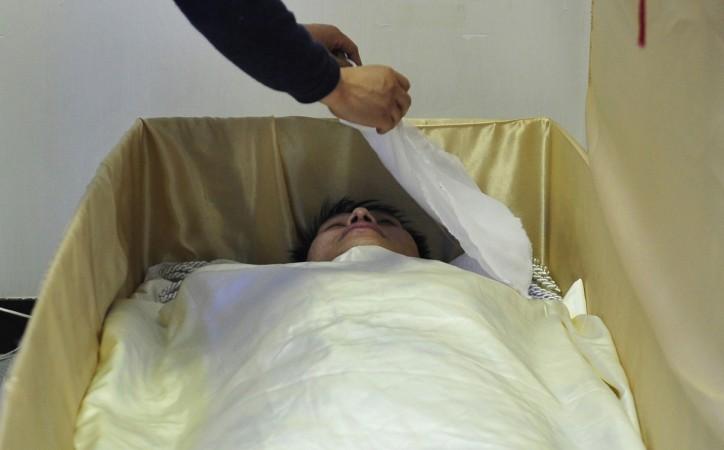Religions have infused the idea of "heaven", "hell" and existence of life after death but there is no scientific proof to these claims as yet, thus leaving everything to one's faith and belief. Several anecdotes by those who had near death experience (NDE) have indicated that "life" might not end instantaneously after "death." And now, medical experts have said that human beings may experience some sense of consciousness a few moments after ceasing to breath.
People who had NDE have given varied accounts of their experience like feeling scared and afraid, seeing their own dead bodies lying on the hospital bed, feeling extremely happy with all illness gone, seeing a bright light at the end of a tunnel etc, hinting at a possible existence of life after death. Nobody is sure about this, but experts say that human consciousness could continue to exist at least for a while after being declared officially dead.
Also read: Is there heaven and hell? THIS is what people who had near death experience have to say
Researchers from the University of Southampton have come up with a startling conclusion from a study of 2,060 cardiac arrest patients over four years that 39 percent of survivors admitted to having some awareness before they were brought back to life through resuscitation, suggesting that there is mental activity during cardiac arrest. It said those who didn't recall anything during the event could have lost their memory after recovery.

Dr Sam Parnia, director of critical care and resuscitation research at NYU Langone School of Medicine in New York City, told Live Science that brain function stops almost instantaneously when blood circulation is halted, leading to death of brain cells but the process could take hours, and that cardiopulmonary resuscitation (CPR) could send some blood to the brain and slow down the death of brain cells yet not enough to revive it to normal state.
"If you manage to restart the heart, which is what CPR attempts to do, you'll gradually start to get the brain functioning again. The longer you're doing CPR, those brain cell death pathways are still happening — they're just happening at a slightly slower rate," he told Live Science.
Interestingly, anaesthesiologist Lakhmir Chawla of George Washington University Medical Centre and his colleagues had claimed in an article a few years ago that neural electrical activity spiked significantly at the time of death despite a drop in brain activity and blood pressure, according to ScientificAmerican. It went on to say that the experience that lasts for 30 to 180 seconds "displayed properties that are normally associated with consciousness."
"To our knowledge, this is the first time that this event has been shown to occur," said Chawla. "It occurs at a very peculiar time point, when most people would think your brain would physiologically die [because of] an absence of blood flow."
Dr Parnia also said that that human beings may experience some form of consciousness in the first phase of death, indicating that stories of seeing their own dead bodies by those who had near death experience may not be a mere figment of imagination.
A person is declared death when the heart stops beating and that's how one gets the time of death.

















